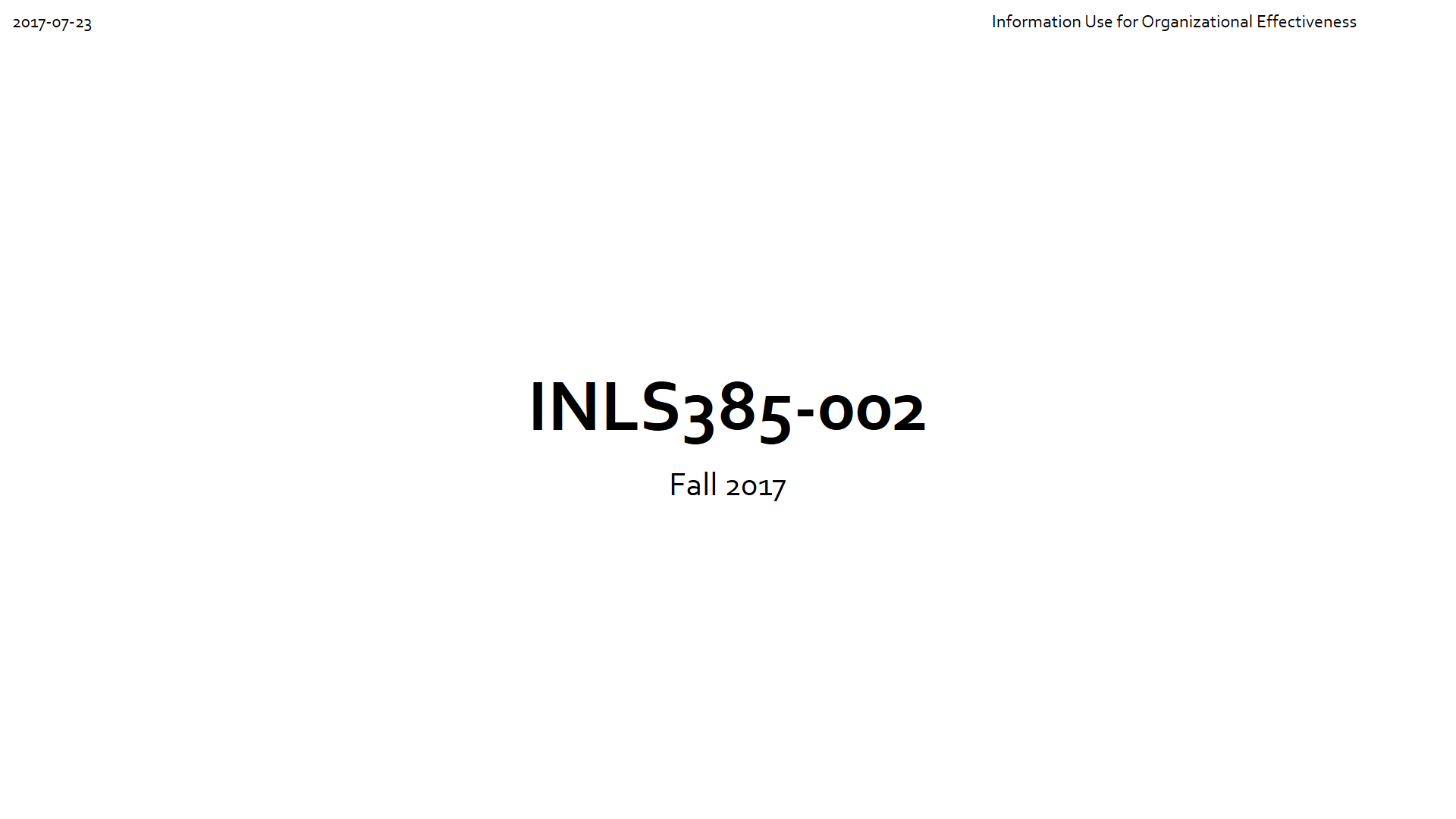knowledge sharing
Possibly not what you thought about when you thought about knowledge sharing
Ponder this as a method of managing knowledge, at a different level
... as the information economy has become more enveloping, cultural capital and economic capital have become ever more intertwined. Individuals and classes that are good at winning the cultural competitions Bourdieu described tend to dominate the places where economic opportunity is richest; they tend to harmonize with affluent networks and do well financially.
... the drive to create inequality is an endemic social sin. Every hour most of us, unconsciously or not, try to win subtle status points, earn cultural affirmation, develop our tastes, promote our lifestyles and advance our class. All of those microbehaviors open up social distances, which then, by the by, open up geographic and economic gaps.
Getting Radical About Inequality
You don't have to read these unless you wish to, but we might touch upon them in conversation
-
Chapter 5 - Knowledge Transfer
in Davenport, T. H., & Prusak, L. (2000). Working knowledge: How organizations manage what they know. Boston, Mass: Harvard Business School Press.
[PDF] -
Borgatti, S. P., & Cross, R. (April 01, 2003).
A Relational View of Information Seeking and Learning in Social Networks.
Management Science, 49, 4, 432-445.
[PDF]
things we'll talk about
- knowledge boundaries
- informal knowledge sharing and informal knowledge sharing strategies
- trust and common ground
- antecedents of information seeking
- knowledge absorption
We'll do an in class exercise
[top]


